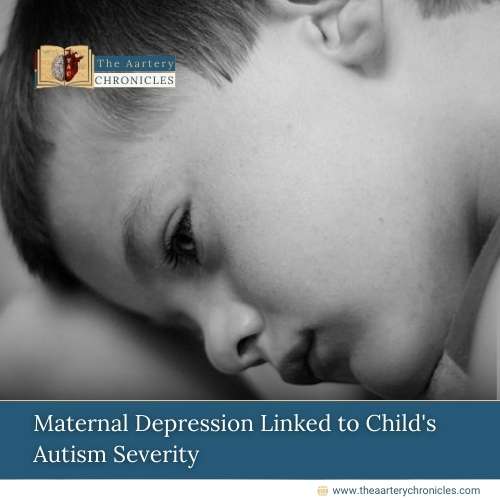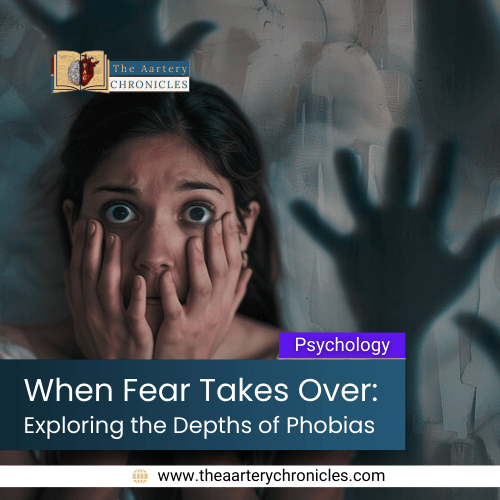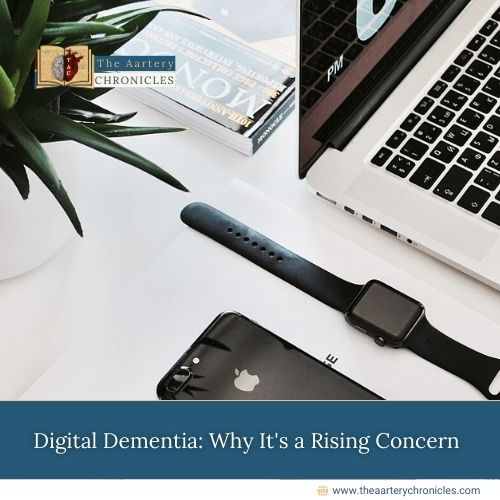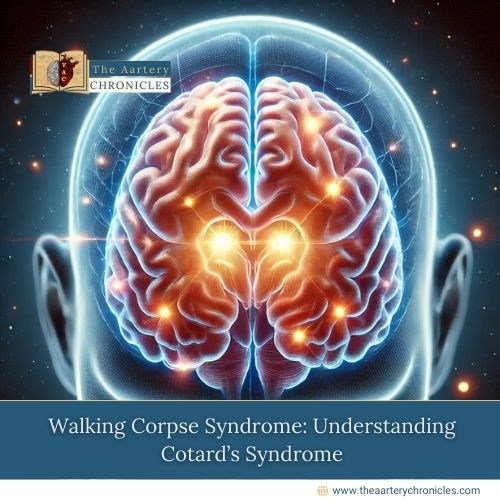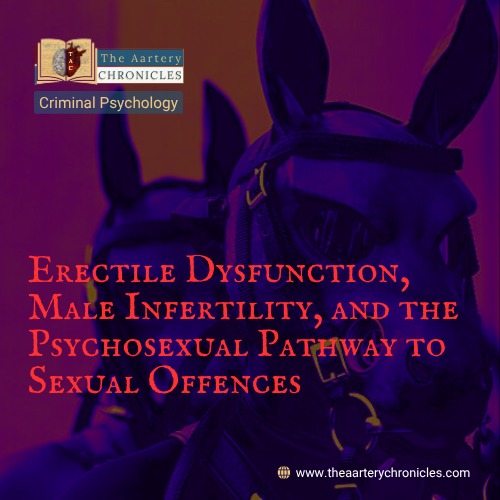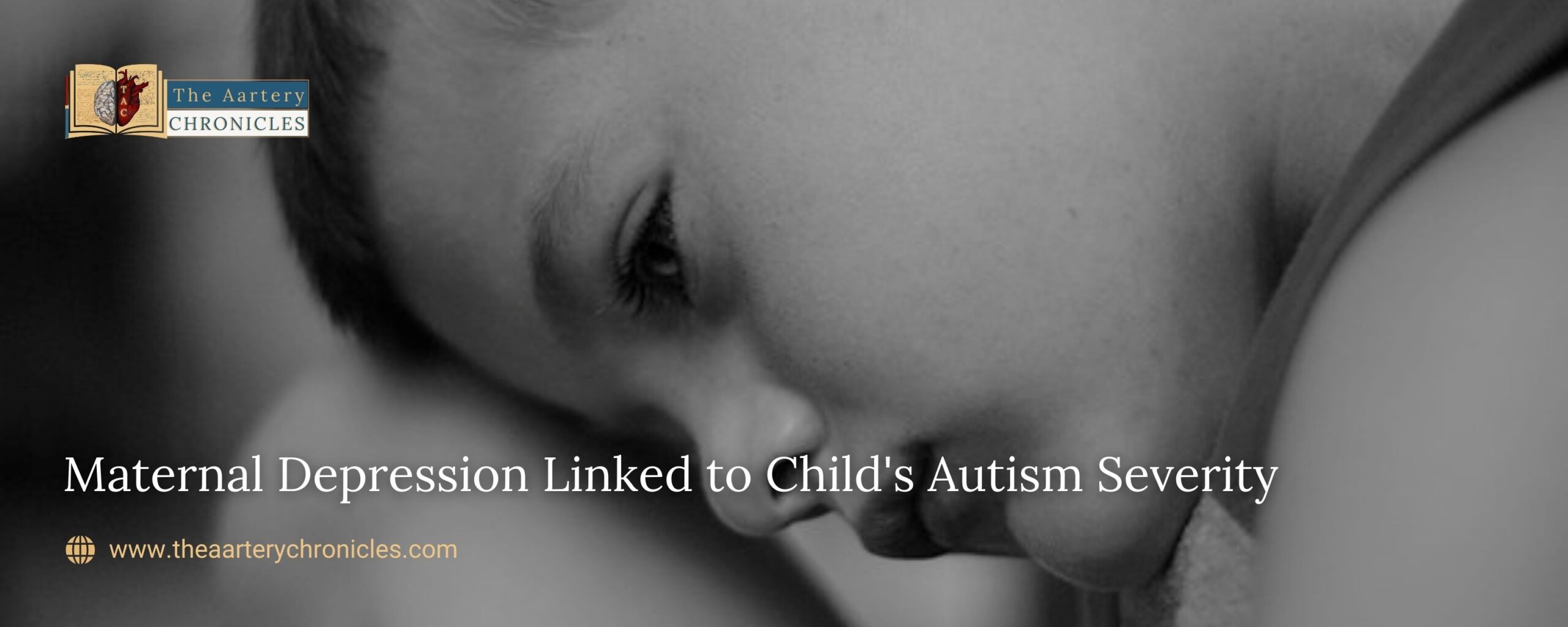
Maternal Depression Linked to Child's Autism Severity
A recent study conducted by the AIIMS has shed light on the challenges faced by mothers of children diagnosed with Autism Spectrum Disorder (ASD). The study, which focused on 125 children with ASD, found that a staggering 76.8% of mothers were clinically depressed.
Importance of Awareness and Support
Doctors at AIIMS shared their research findings on Monday during Autism Awareness Month. They studied the mothers of children with ASD being treated at the Autism Clinic in the Department of Pediatrics who have depression.
ASD is a complex neurological and developmental disorder that affects many aspects of a person’s life, such as social relationships, communication skills, learning abilities, and behavior. Although autism can be diagnosed at any age, symptoms typically appear within the first two years of a child’s life.
Impact of Depression on Mothers
Professor Shefali Gulati, who leads the child neurology division at AIIMS, found a strong connection between mothers’ depression, their overall physical health and quality of life. The study showed that mothers of children with severe autism had higher levels of depression (44.8%) compared to those with mild (25.6%) or moderate (29.6%) forms of the disorder.
Promoting Early Intervention and Support
Professor Gulati stressed the importance of checking mothers of children with ASD for clinical depression. She said it’s important to help these mothers by giving them social support, teaching them about mental health, and ensuring they get the right help quickly. This can help mothers handle the challenges of dealing with their child’s behaviour and social issues.
Looking Ahead
It is important to continue providing support and help for families dealing with ASD. Efforts are being made to use early screening and diagnostic tools more often, especially for identifying signs of autism in at-risk infants. By giving families coping strategies and resources from the time of diagnosis, healthcare providers hope to improve the well-being of both the child with autism and their caregivers.
Source: Inputs from various media Sources


